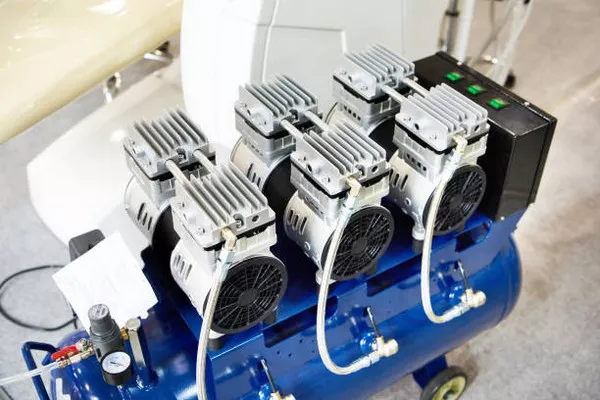South West, UK – In a significant move towards advancing net zero flight, the National Composites Centre (NCC), the Institute for Advanced Automotive Propulsion Systems (IAAPS), and the Universities of Bristol and Bath have forged a pioneering Technology Innovation Partnership for Net Zero Aviation in the South West. This collaboration, driven by a shared commitment to decarbonizing aviation, aims to revolutionize the aerospace industry and firmly establish the South West as a hub for research and innovation in aviation sustainability.
With the South West region already hosting a thriving aerospace and advanced engineering cluster worth over £7 billion, the partnership will leverage a substantial £250 million in investments already secured. These investments will bolster the technological infrastructure and innovation capabilities required to drive aviation’s decarbonization agenda.
Consultations with leading industry organizations have identified a set of pre-competitive challenge areas that will serve as the foundation for technology exploration. These challenges encompass the development of cryogenic suitable materials, their characterization, industrial application, as well as the design, manufacture, and testing of sub-systems. The outcomes of these challenges will form the basis of Joint Industry Programs, set to be unveiled later this year, and are poised to bolster the development of a robust hydrogen supply chain.
A recurring theme throughout the program is materials innovation, a critical component for the aircraft of the future. The NCC’s world-leading expertise in high-performance composites, combined with initiatives exploring novel materials by the Bristol Composites Institute and Bristol Innovations at the University of Bristol, positions the partnership at the forefront of next-generation materials research.
The universities of Bristol and Bath will play a pivotal role in empowering innovation and boosting regional economies. Their renowned academic strengths in translational research will underpin the rapid development of net zero technologies within the partnership.
The partnership’s primary focus will be on hydrogen fuel systems innovation. The NCC has achieved significant milestones, including the design, manufacture, and testing of a composite cryogenic storage tank for liquid hydrogen (LH2). Later this year, they are set to launch their hydrogen storage manufacturing and test facility. Meanwhile, IAAPS is leading strategic ventures to develop hydrogen fuel-cell-powered transport, with a particular emphasis on aircraft.
IAAPS and the University of Bath have secured over £56.5 million in industry funding, grant capture, training, and capability building awards for pioneering hydrogen-related initiatives. With more than £300 million invested in its state-of-the-art capabilities, the NCC remains a global leader in research and development, with a focus on composites, digital engineering, hydrogen, and sustainability. IAAPS ranks among the top three independent R&I centers worldwide, supporting the development and validation of zero-carbon propulsion technologies for integration into commercial applications.
Richard Oldfield, Chief Executive of the National Composites Centre, commented, “Combining our respective strengths and expertise will catalyze transformative change for net zero aviation in the South West. As a collaboration, our commitment to decarbonizing aviation will unlock the full potential of hydrogen-powered aircraft and cutting-edge propulsion systems, enabling industry to accelerate engineering expertise and secure future UK commercial competitiveness. Together, as pioneers in our fields, we are excited to lead the way.”
Professor Chris Brace, Executive Director of IAAPS, added, “The decarbonization of propulsion systems for aviation is essential but highly challenging. This partnership is an exciting opportunity to combine the strengths of the region’s world-class aerospace industry and R&I organizations to tackle challenges that are larger than we can each solve in isolation. The experimental facilities and expertise we have developed within IAAPS are an essential component to achieving this transformational vision.”
Professor Phil Taylor, Pro Vice-Chancellor for Research and Enterprise at the University of Bristol, concluded, “This exciting new collaboration allows the University of Bristol to share its first-class facilities and research excellence to test the latest hydrogen and aviation technologies, in the pursuit of net zero. We look forward to working with other leaders to combine our expertise and accelerate carbon-neutral flight for a safer future.”

